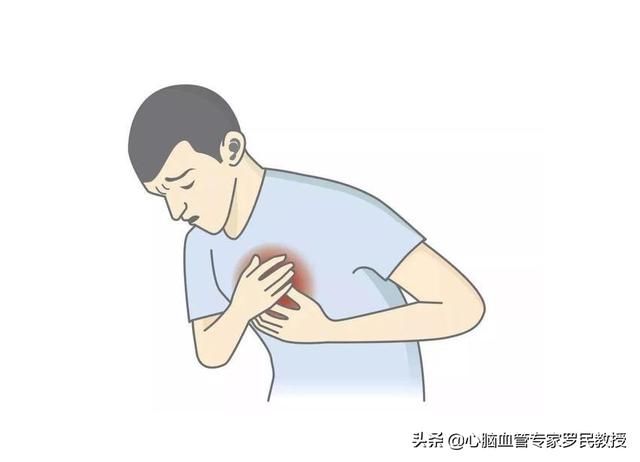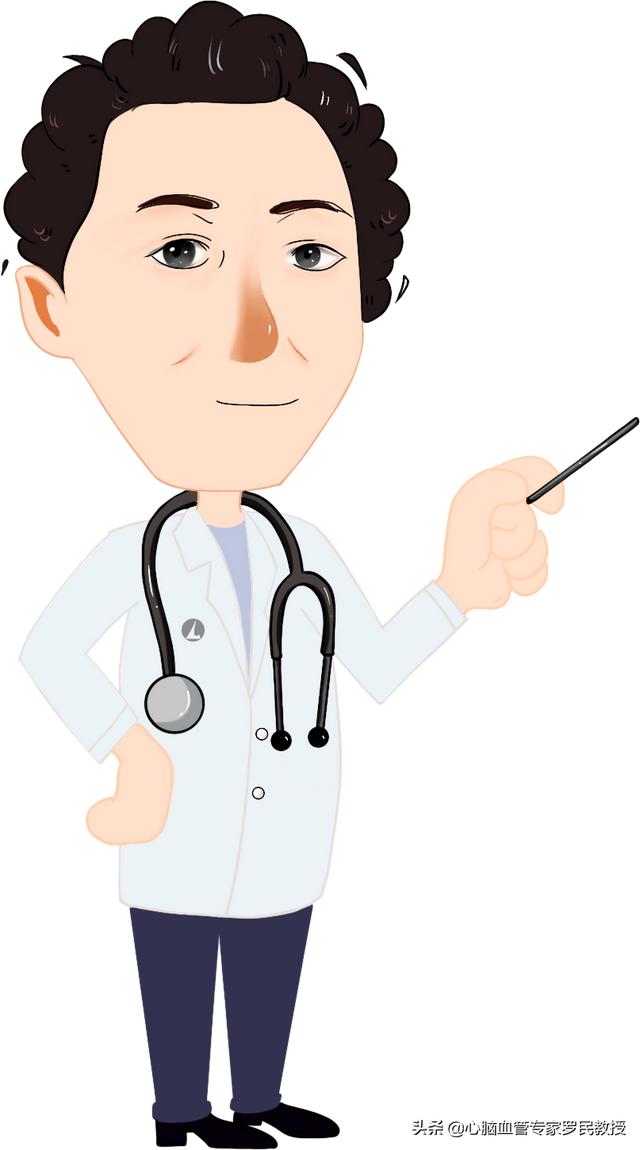Chest pains all the time, nothing wrong with all the tests, what's wrong?
Patients with chest pain should be carefully examined to find the cause of chest pain as much as possible. Common diseases that cause chest pain are listed below:
1. Pleural diseases such as pleurisy and spontaneous pneumothorax.
2. Cardiovascular diseases such as coronary heart disease, angina pectoris, myocardial infarction, pericarditis.
3. Chest pain caused by gastroesophageal reflux disease and esophagitis.
4. Chest pain caused by costochondritis.
5. Chest pain caused by abdominal organ lesions such as subphrenic abscess, acute cholecystitis, and acute pancreatitis.
6. Chest pain caused by chest trauma such as rib fractures.
7. Chest pain caused by a clamped aneurysm.
8. Chest pain due to chest shingles.
9. Influenza and other viruses cause chest pain.
10. Anxiety and cardiac neurosis cause chest pain.
I have answered these kinds of questions many times, and there may be all sorts of detailed differences in them, but really the reasons are much the same:"No disease comes out of nowhere, and rather than having all sorts of tests done and being fine, the tests have been misdirected."
For example, if a patient with spinal cord cervical spondylosis has abnormal function of the lower limbs, then since the symptoms appear in the lower limbs, the first reaction of the vast majority of young doctors and patients is definitely a problem in the lower limbs or lumbar spine, and then relevant examinations are conducted. In this case, even if the examination is done in a comprehensive manner, the lesions are not located in this part of the system, and then naturally, the problem can not be detected.

I often see this type of patients, probably last week a friend contacted me through the Internet, a 43-year-old woman, reported frequent chest pain, did a lot of tests in the local hospital, but did not find the problem, and then she sent the examination to me, I took a closer look at the fact that not much (electrocardiogram, cardiac color, CT), and through subsequent questioning, I think it does not correspond to the angina pectoris that she thought she had, but it is a little bit like reflux esophagitis, which is a different disease from heart disease. Instead, it looked a bit like reflux esophagitis, which is a different disease from angina, and naturally cannot be detected by tests related to heart diseases.

In addition to heart conditions that can cause chest pain, other types of conditions can also cause chest pain and should be considered such as:
1. Intercostal neuritis, when suffered from intercostal neuritis, can cause chest pain, which is aggravated by breathing and coughing.
2. Herpes zoster, when a condition of shingles develops in the chest, causes chest pain and localized blisters, a condition that is not strongly associated with breathing and coughing.
3. Pleurisy, when a person has pleurisy, can lead to chest pain, which can also be felt after breathing and exercise.
4. Chest pain caused by the spine, when the thoracic spine, cervical spine, lumbar spine problems, will cause pain, in the ordinary will often have a long time to stand sedentary or work is too tired and usually will be cold and so on the crowd, generally most of the people will cause spinal diseases, such as when the thoracic spine lesions, such as herniation and so on, will be pressed to the blood vessels and nerves, resulting in the emergence of chest pain. When there is a problem with the spine, it must be treated in time to avoid more serious situations.
5. Mechanical injury, mechanical injury is also one of the main causes of chest pain, in addition to chest pain caused by trauma, such as long-term pressure on the muscles caused by blood circulation obstacles, will trigger chest pain, and when like deep breathing when the force is not right will also cause chest pain. This kind of disease is the most common, so you can pay attention to it in your normal life to avoid chest pain.
6. Diseases of the digestive system, when diseases of the digestive system, such as cholecystitis, gastric ulcer and other diseases, will have a great impact on the body, and chest pain is a common side effect of this type of disease, in addition to esophageal cancer and other esophageal diseases can also cause chest pain symptoms, so in normal times must pay more attention.
7. Diseases of the respiratory system, when suffering from respiratory diseases such as bronchitis or pleurisy, chest pain will occur, and some patients will also suffer from respiratory problems leading to frequent coughing, which damages the lungs and leads to worsening of the pain in the chest.
8. Inflammation, visceral ischemia, and nerve damage can also cause chest pain.
In addition to chest pain caused by the heart, chest pain can also be caused by these types of diseases and others.

I hope my answer helps you!
If there's anything you don't understand, comment and private message me!
This question and answer are from the site users, does not represent the position of the site, such as infringement, please contact the administrator to delete.